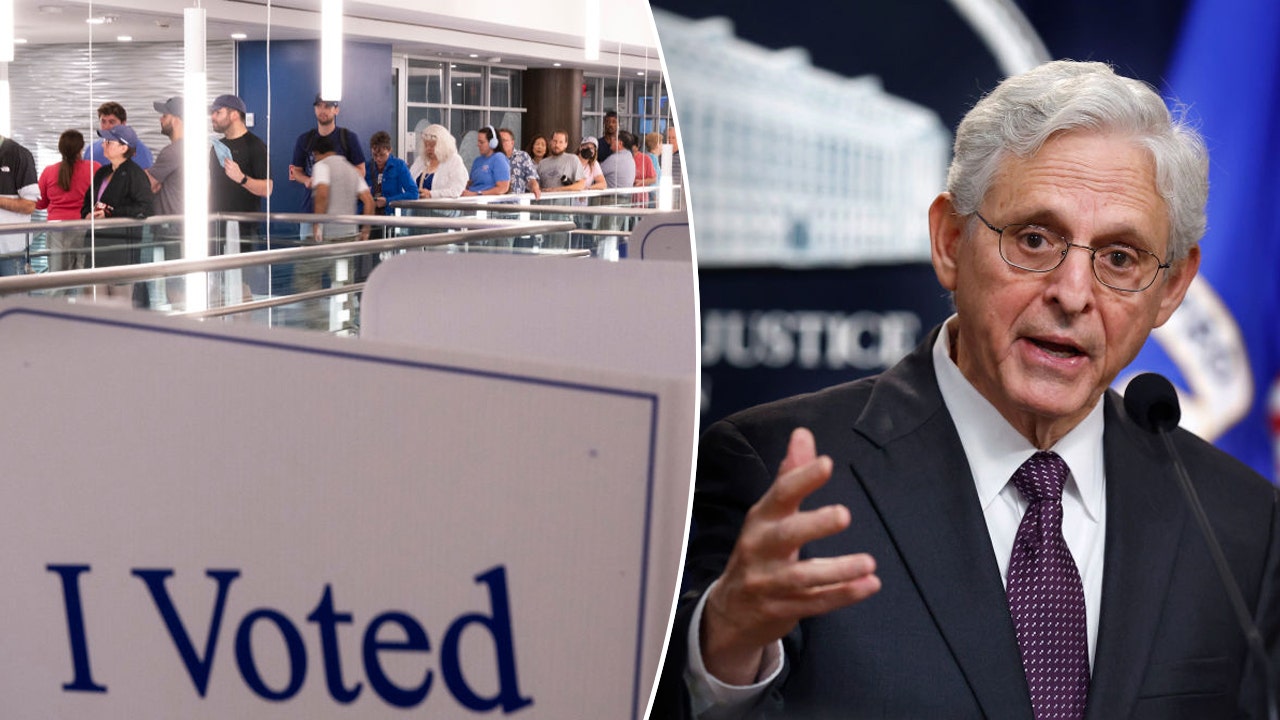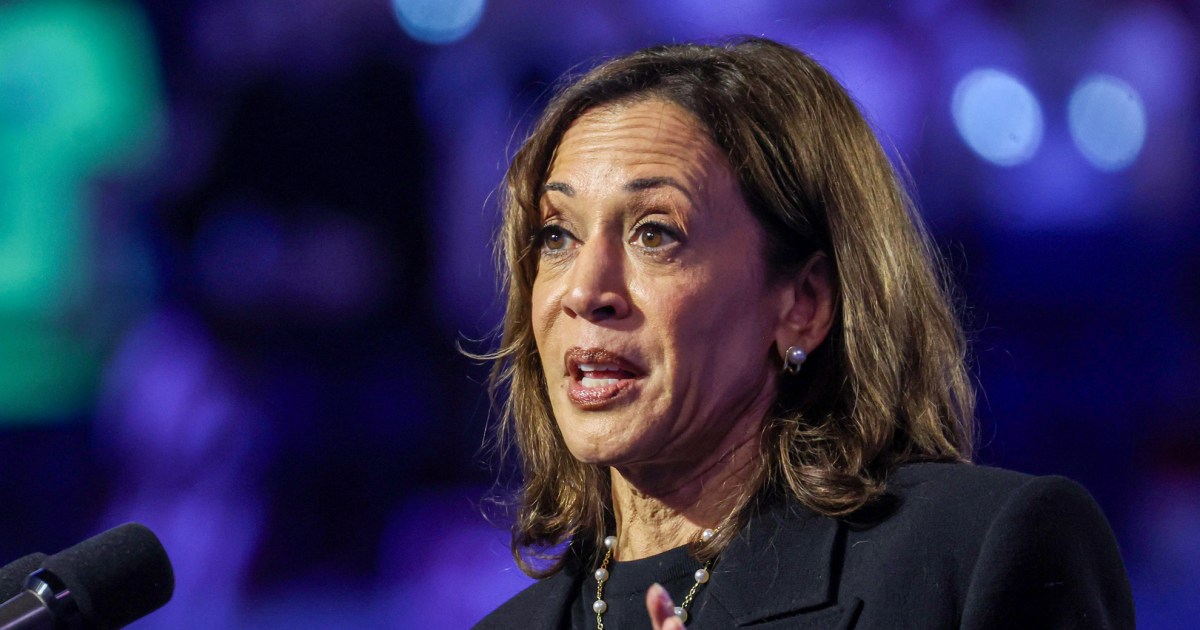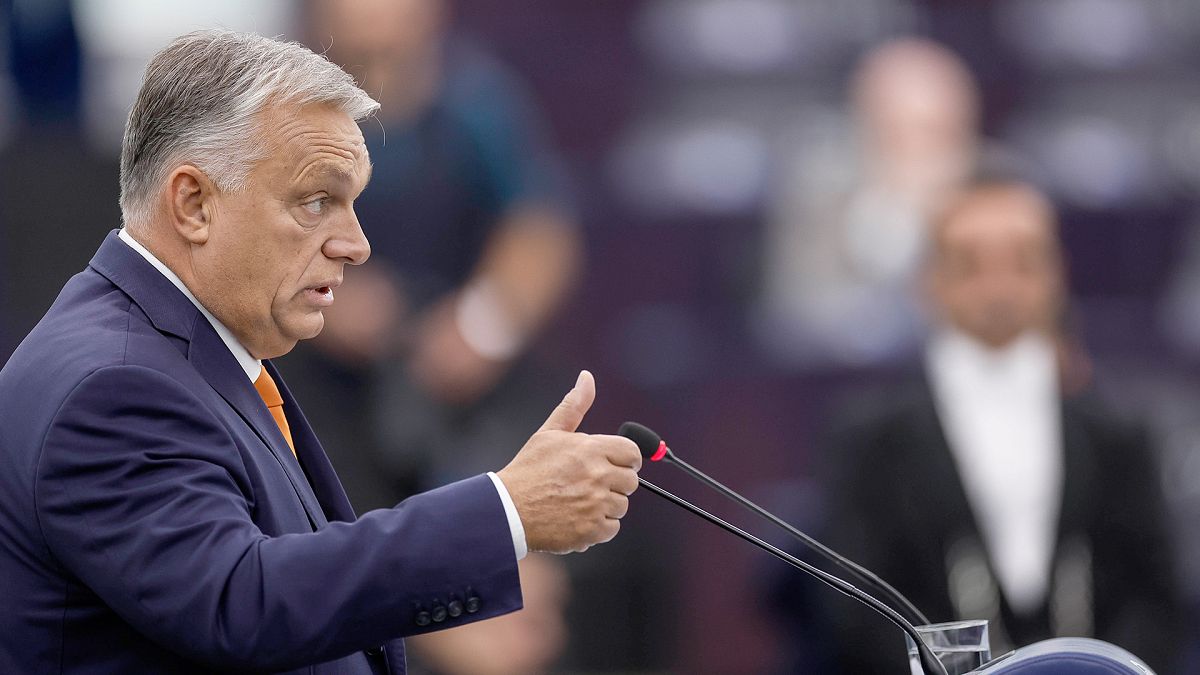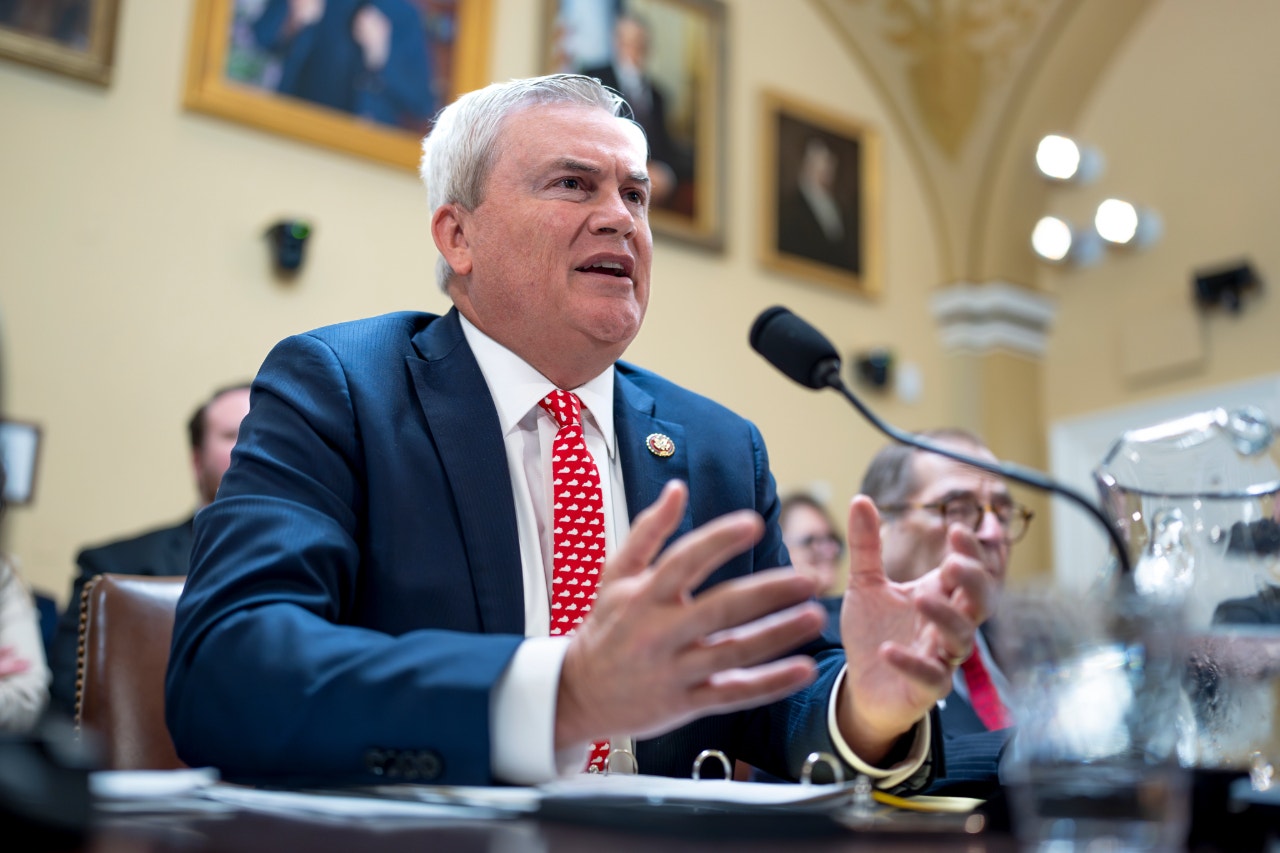Joe Biden is set to impose tariffs on double-sided solar panel imports, as the president moves to protect US clean energy manufacturers and boost jobs ahead of November’s election.
US officials said the move would immediately end an exemption from Trump-era tariffs on imports of a type of panel unit often used in large solar projects, one of the fastest-growing forms of clean energy in the country. They will now attract a tariff rate of 14.25 per cent.
The steeper levy marks the latest protectionist move by the president, who is competing with Republican rival Donald Trump to court blue-collar voters in US manufacturing heartlands, with less than six months to go until the election.
On Tuesday, Biden sharply increased tariffs on Chinese imports including electric vehicles and solar cells, deepening trade tensions with Beijing and thrusting trade policy to the centre of the election battle.
US officials have warned that China is producing more goods than its own market can absorb, triggering fears that Beijing could use cheap exports to undercut producers in other countries.
Ali Zaidi, Biden’s climate adviser, said the US solar “investment boom” was threatened by “unfair and non-market practices taking place overseas”.
“The Chinese solar panel overcapacity, now projected to be double world demand, threatens to undercut panel manufacturing and solar supply chains around the world,” Zaidi said.
The announcement from the Biden administration comes as US imports of cheap solar panels and cells, largely from south-east Asia, have soared to record highs. An overproduction of solar panels from China has led to a collapse in global panel prices, threatening US manufacturing plans.
The US imported 55 gigawatts of panels and 3.8GW of solar cells in 2023, with more than three-quarters of cell imports coming from Malaysia, South Korea and Vietnam, according to BloombergNEF.
Alongside the new tariff on double-sided panels, the US is also offering some relief to domestic developers still reliant on imported cells — the units that make up panels — by increasing the amount that can be imported without levies from 5GW to 12.GW.
While some companies have announced their intent to open solar cell factories since the passage of the Inflation Reduction Act — aimed at boosting the domestic clean energy industry, among other goals — the US does not have any manufacturing capacity in operation.
The relief applies to cells imported from Asian countries except China, whose cell exports to the US face a 50 per cent tariff under the new regime announced on Tuesday.
“We know that the process of onshoring, friendshoring and frankly just diversifying the supply chains is not one that can be executed overnight,” said Zaidi.
Raising the quota would ensure manufacturers in the US would have solar cells available to them and would support expanded US solar manufacturing, he added.
US manufacturers including First Solar and Heliene had called for the US International Trade Commission to remove the tariff exemption for double-sided panels.
But the increase in the cell quota could anger large US manufacturers that make their own cells, including First Solar and Qcells, which have petitioned for antidumping duties on south-east Asian solar cells.





/cdn.vox-cdn.com/uploads/chorus_asset/file/25697380/STK071_APPLE_A.jpg)













/cdn.vox-cdn.com/uploads/chorus_asset/file/25431700/STK201_SAM_ALTMAN_CVIRGINIA_A.jpg)





